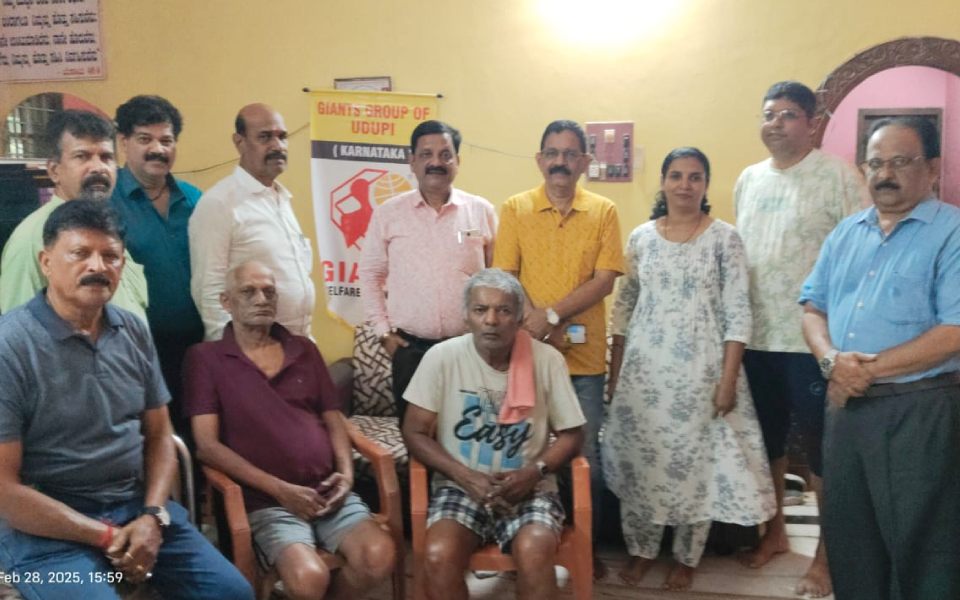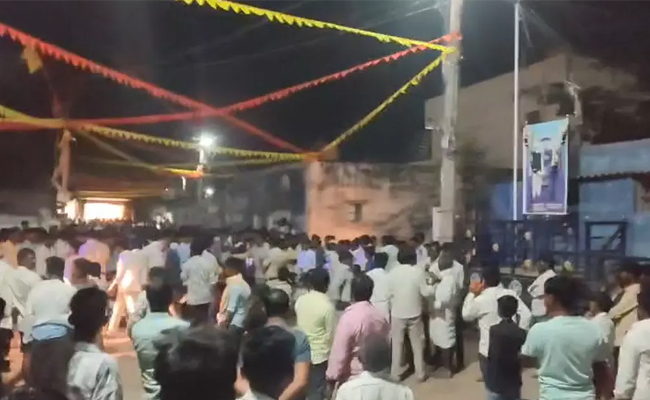Udupi: In a heartfelt initiative aimed at spreading joy and companionship, the Giants Group of Udupi organized a special meet and greet with senior citizens at the Brahmagiri Aradhana Senior Citizens Caring Center on February 28. The event was an opportunity for the group to engage with the elderly residents, offering them a day filled with warmth and interaction.
The event was attended by several guests, including Dinkar K. Amin, Central Committee Member of the Giants Welfare Foundation, and Tejeshwar Rao, President of Federation 6. Also present were Giants Udupi President Vinay Kumar Poojary, Immediate Past President Yashwanth Salian, Director of Administration Divakar Poojary, Joint Director of Administration Diana Supriya, Director of Finance Vadiraj Salian, and former presidents Chidananda Pai and M. Iqbal Manna. Other members, including Deepa Divakar Poojary and David, joined the gathering alongside the residents of Aradhana.
The event commenced with a warm welcome from Divakar Poojary, setting the tone for an engaging and joyful interaction between the members of Giants Group and the elderly residents. Conversations, laughter, and moments of nostalgia filled the atmosphere as the group spent time listening to the experiences and stories shared by the senior citizens.
The gathering concluded with a vote of thanks from Divakar Poojary, expressing gratitude to all who contributed to making the occasion a memorable one.
The meet and greet at Brahmagiri Aradhana Senior Citizens Caring Center is part of Giants Group of Udupi’s commitment to community service.


Let the Truth be known. If you read VB and like VB, please be a VB Supporter and Help us deliver the Truth to one and all.
Koppal: Tension prevailed in Halwarti village of Koppal taluk after a clash reportedly broke out between members of Dalit and upper-caste communities over the hoisting of an Ambedkar flag during the Beeralingeshwara fair.
According to police, a verbal argument between youths from the two communities escalated into a physical confrontation, leading to unrest in the village.
In a related development, it has been alleged that members of the upper-caste community entered the house of a Dalit youth, identified as Gavisiddappa Hosamani, damaged the door and vandalised the front portion of the house.
As a precautionary measure, additional police personnel have been deployed in the village to maintain law and order.
Police said a complaint has been registered at the Koppal Rural Police Station and five persons have been arrested in connection with the incident. Further investigation is under way.





